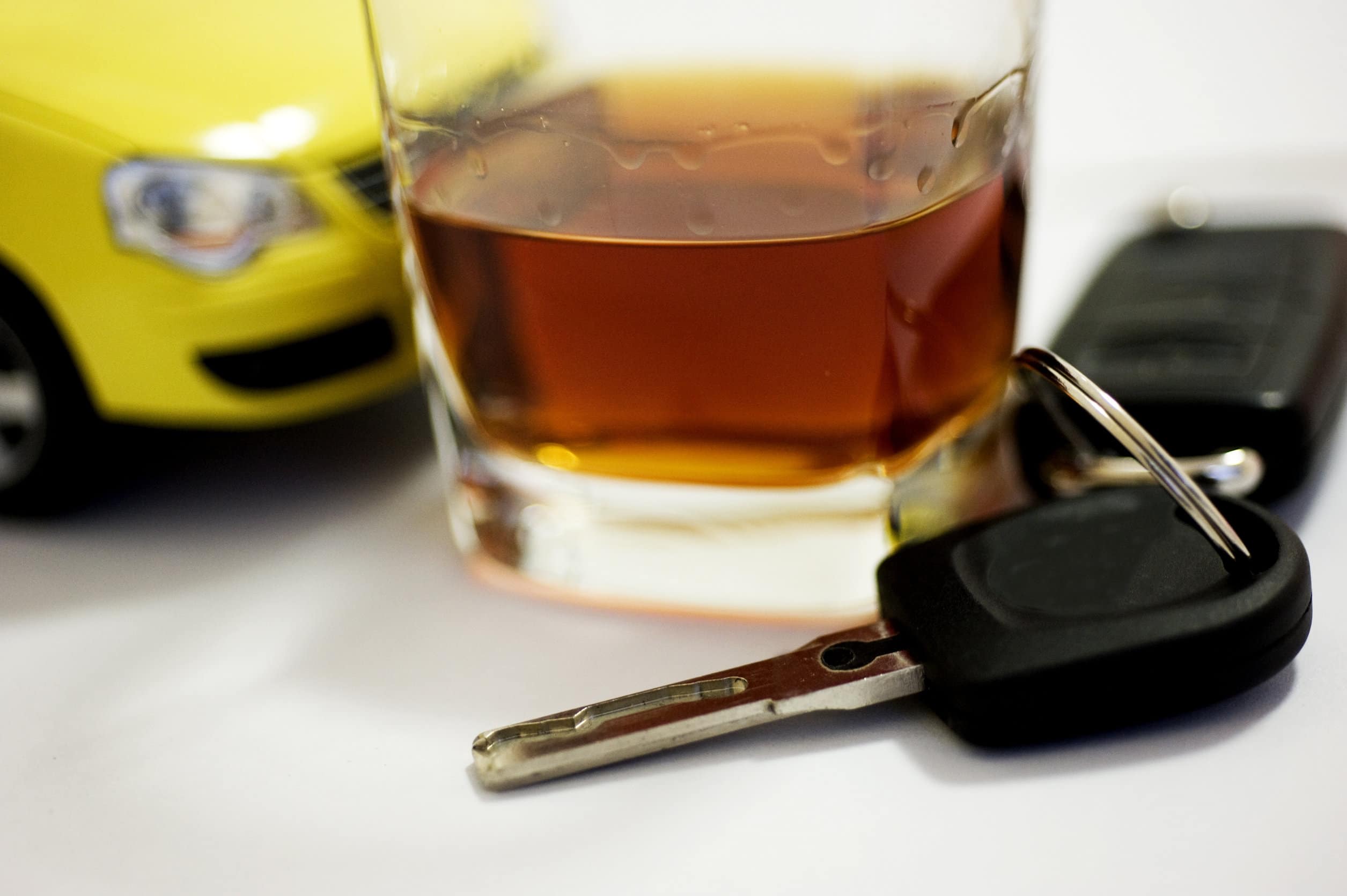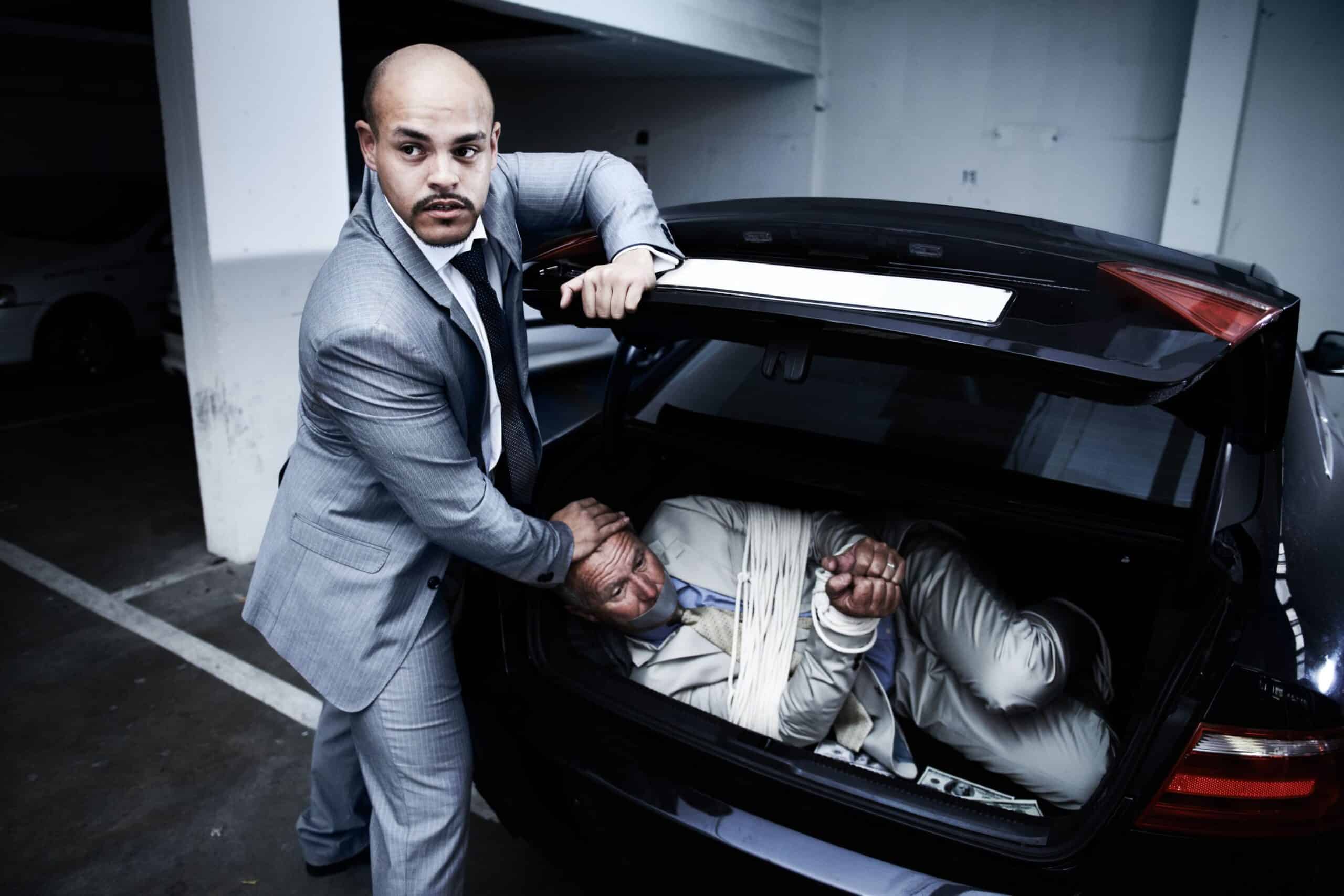Why Are MN DUI Cases Dismissed?

Andrew & Poole, P.A.
When you are arrested for driving while intoxicated in Minnesota, the first thing you may want to do is panic. However, if you understand DWI/DUI law in Minnesota, you know that there’s no reason to panic just yet – there are many steps you must go through legally before you’re declared guilty.
If you do end up in court for your DWI, an experienced attorney can help provide you with a robust defense. They may be able to show the court that the facts involved in the case don’t warrant a conviction after all. In fact, there are a number of reasons that DWI/DUI cases in Minnesota are dismissed. Read on to find out some of the most common.
No Probable Cause for Your Arrest
In order for the police to arrest you or search your person or property, they have to be able to demonstrate that probable cause existed. In other words, they must have reasonably suspected that you were committing a crime – in this case, driving under the influence.
In most Minnesota DWI cases, law enforcement officers establish the probable cause they need by using a field sobriety test. These tests help them to determine if you are intoxicated or not. But if they don’t have probable cause, then any evidence they have against you that was gathered after arrest may not be used against you in court. A skilled attorney can ensure that police arrested you legally – and, if they didn’t, make sure the evidence reflects that.
Lack of Cause to Stop You
In order for the police to stop you, they don’t need probable cause. But that doesn’t mean they can stop you simply because they feel like it.
In Minnesota, DWI checkpoints are not allowed, so officers must stop vehicles individually. To make the stop, they need to have what is called “reasonable suspicion” that some sort of offense is taking place. This is where things like erratic driving would be a factor, creating enough reasonable suspicion for the police to stop your car.
If it can be shown in court that the police unfairly stopped you and did not have reasonable suspicion, then the judge may agree to simply dismiss the case against you.
Inadequate Evidence
Evidence plays a big role in conviction, even for DWIs. A jury or a judge can’t convict you unless there’s enough evidence to prove you committed a crime beyond a reasonable doubt. So, any sort of problem with the evidence against you can sink the prosecution’s case fast.
What sorts of issues make for inadequate evidence? There could have been issues with the breath or blood tests used against you to show you were intoxicated, or the field sobriety test may not have been administered correctly. Maybe the prosecution cannot actually prove you were driving the vehicle, even if they have enough evidence to show you were intoxicated.

These types of cases show the importance of an experienced attorney to help look at your case from all possible angles. They can see if there are any holes that can be exploited in the evidence against you.
Your Minnesota DWI cases have the potential to be thrown out if there is enough reason to do so. Don’t fret too much before all the evidence against you can be assessed to estimate the future of your case.
About the Author:
Andrew T. Poole is a Minnesota native who has served in the Army for more than 18 years and is currently a JAG lawyer in the Army Reserves in addition to serving as a partner at LaCourse, Poole & Envall. He has handled thousands of criminal and family law cases over the course of his career and has a firm belief that all hardworking Minnesotans should be entitled to the best possible legal counsel. Mr. Poole boasts a 10/10 Superb rating on Avvo, is Lead Counsel rated, and has been recognized multiple times by SuperLawyers, National Trial Lawyers, and others for his work.
















